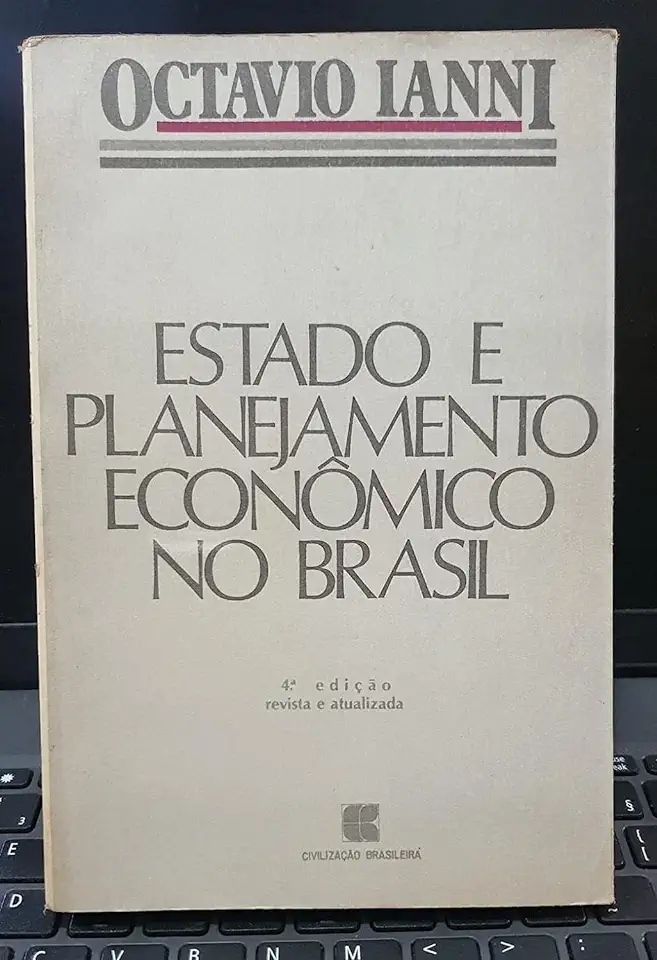
State and Economic Planning in Brazil - Octavio Ianni
State and Economic Planning in Brazil: A Critical Analysis
Introduction
In his book "State and Economic Planning in Brazil," Octavio Ianni provides a comprehensive and critical analysis of the role of the state in economic planning in Brazil. Ianni argues that the state has played a central role in shaping the country's economic development, and that its policies have had a profound impact on the lives of Brazilians.
The State and Economic Development
Ianni begins by examining the historical relationship between the state and economic development in Brazil. He argues that the state has been a key player in the country's economic development since the colonial period, when it played a central role in the development of the sugar industry. In the 19th century, the state continued to play a major role in the economy, promoting the development of infrastructure and industry.
In the 20th century, the state's role in the economy became even more pronounced. The Vargas regime (1930-1945) implemented a series of policies that aimed to industrialize the country and reduce its dependence on foreign capital. These policies included the creation of state-owned enterprises, the regulation of foreign investment, and the promotion of import substitution industrialization.
After the Vargas regime, the state continued to play a major role in the economy, although its policies shifted somewhat. In the 1950s and 1960s, the state focused on promoting economic growth and attracting foreign investment. In the 1970s, the state implemented a series of policies that aimed to reduce inflation and stabilize the economy.
The Impact of State Policies
Ianni argues that the state's policies have had a profound impact on the lives of Brazilians. He argues that the state's policies have contributed to the country's economic growth, but that they have also led to increased inequality and social problems.
Ianni also argues that the state's policies have had a negative impact on the environment. He argues that the state's policies have promoted the expansion of the agricultural frontier, which has led to deforestation and the destruction of natural habitats.
Conclusion
Ianni concludes by arguing that the state has played a central role in shaping the country's economic development, and that its policies have had a profound impact on the lives of Brazilians. He argues that the state's policies have contributed to the country's economic growth, but that they have also led to increased inequality and social problems.
Ianni's book is a valuable contribution to the study of the role of the state in economic development. It provides a comprehensive and critical analysis of the state's role in Brazil, and it offers important insights into the impact of state policies on the lives of Brazilians.
Why You Should Read This Book
If you are interested in the role of the state in economic development, then you should read "State and Economic Planning in Brazil." This book provides a comprehensive and critical analysis of the state's role in Brazil, and it offers important insights into the impact of state policies on the lives of Brazilians.
This book is essential reading for anyone who wants to understand the economic history of Brazil. It is also a valuable resource for anyone who is interested in the role of the state in economic development more generally.
Order Your Copy Today!
"State and Economic Planning in Brazil" is available now from all major booksellers. Order your copy today and start learning about the role of the state in economic development!